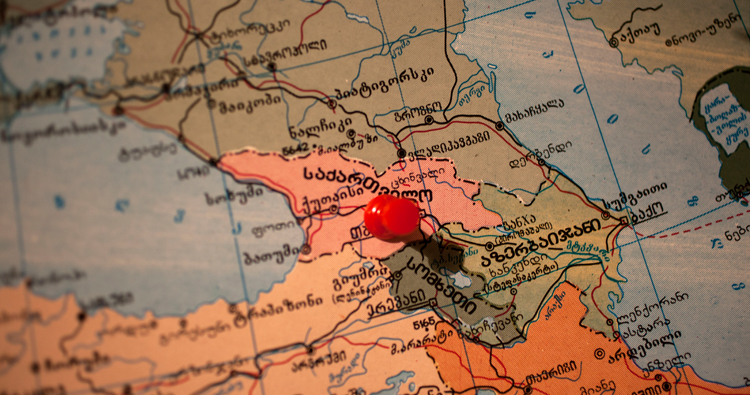Georgia among top free countries in Atlantic Council’s 2024 Atlas of Freedom and Prosperity

Atlantic Council, an American international affairs think-tank, has ranked Georgia among top free countries based on its governance in its 2024 Atlas of Freedom and Prosperity. Photo: Nino Alavidze/Agenda.ge
Atlantic Council, an American international affairs think-tank, has ranked Georgia among top free countries based on its governance in its 2024 Atlas of Freedom and Prosperity.
The ranking includes an analysis of the 2023 Freedom Index, which categorises 164 countries and territories into four groups: free, mostly free, mostly unfree and unfree, with Georgia listed as leading in Europe in long-term freedom rating progress since 2012.
The country is among the 45 countries in the world that have been granted the status of the highest category.
In the ranking of freedom, Georgia is the only candidate country of the European Union to be given the highest category status, and is placed ahead of Poland, Hungary, North Macedonia, Montenegro, Albania, Turkey and all EU candidate states, while being placed fourth among post-Soviet countries after the Baltic states.
With long-term improvement in the freedom rating position over the last decade, Georgia ranks sixth in the world, second on the Eurasian continent and first in Europe. During the period, the rating position of the country has improved by 23 steps, from 68th to 45th.
The report focuses on the issue of good governance and rebuilding trust in government. According to the publication, Georgia and Croatia are two states that stand out for making progress in the measure.
Progress tends to be gradual or cyclical with few discrete jumps. To the extent that such upward jumps are seen in the data, they are present in the former communist countries like Croatia and Georgia. Even there, it takes years for the effects on prosperity to become apparent. Improvements in both freedom and prosperity tend to follow a slow, methodical pattern; evolution rather than revolution. This evidence contradicts the idea of an all-out reformer”, the report reads.
The index takes into account measures of economic freedom, political freedom, and legal freedoms to offer a “comprehensive measure of freedom”. The organisation evaluates the state of freedom in countries based on criteria such as fair elections, civil liberties, political rights, clarity of the law, independence and efficiency of the judiciary, absence of corruption, public safety and property rights.
 Tweet
Tweet  Share
Share